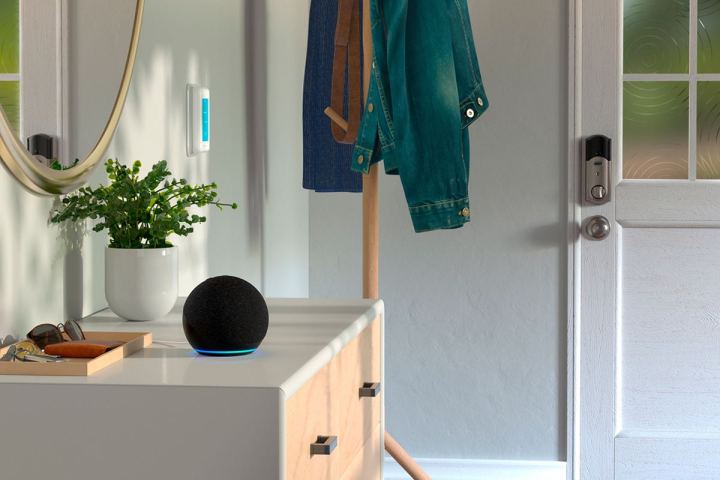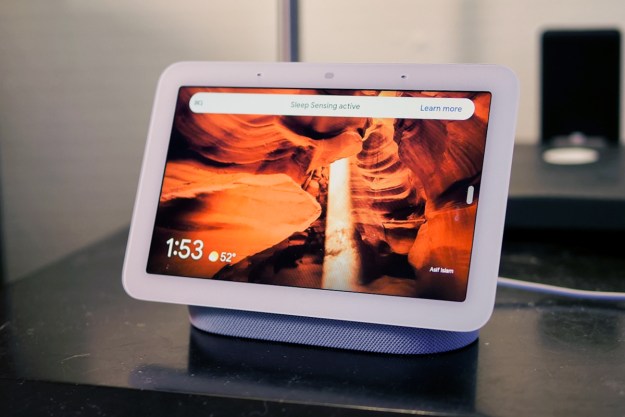It appears that Amazon might be using its speakers to send you targeted ads, according to a recent report published online. To collect the data required to send you personalized ads, Amazon has been sharing transcripts of your conversation with its Alexa smart assistant with third-party businesses.
This new report was produced by researchers from the University of Washington, the University of California – Davis, the University of California – Irvine, and Northeastern University. They published the information online and stated that Amazon and third parties share people’s interactions with over 40 advertisers. That data informs Amazon’s advertising partners about your interests and then influences ads you receive on your Alexa speakers and the web.

Now, targeted ads aren’t technically bad; it’s just how companies come across that data and how transparent they are about what they collect and how they use it. Amazon replied to the reports, saying that, like other companies, Alexa uses voice data to influence ads that it produces across different mediums. It’s in the same vein as if you were to request a song through
Amazon also has a way to turn off targeted ads and specific data collection while you use its products. Amazon customers go to their account, select Advertising Preferences Page, and turn off ads. This setting affects not only the website, but also any Amazon service or product connected to your profile. For more detailed settings, you can check the privacy settings in the Alexa app on your mobile device to manage what voice data is collected while using your products.

Some of the controversies from this reporting come from the mystery of the exact amount of data and information being shared. The researchers have shown that while a significant amount of data is being shared with third party partners and that those partners are paying up to 30x more for voice data, the amount of data being shared is less than what would be from a smart TV or VR headset. Also, only transcripts are shared with partners, not full raw voice clips.
Amazon spokesperson Lauren Raemhild stated that the conclusions coming from the report are inaccurate inferences and speculation. She says that Amazon is “not in the business of selling our customers’ personal information[…].” Raemhild also said there are practices to make sure third party developers explain how much data they collect and for what purposes. The researchers noted that more transparency is needed from Amazon and other companies.
Editors' Recommendations
- What to do if your Amazon Alexa app is not working
- Blink Mini 2 vs. Blink Mini: Is Amazon’s new security camera a worthy upgrade?
- The 6 best Echo Hub tips and tricks
- What is the Amazon Echo Hub?
- Can you use a Blink Outdoor Camera without a subscription?




